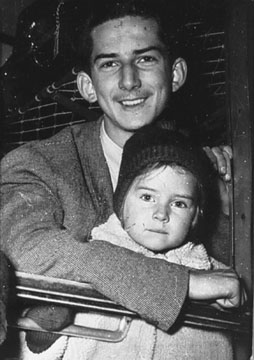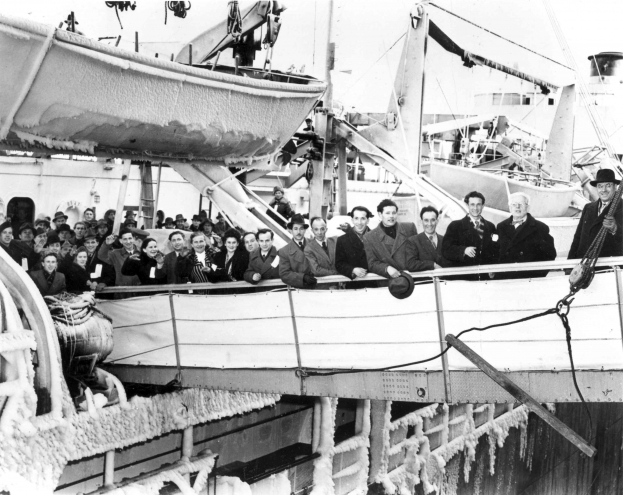Article
Guglielmo Marconi
Guglielmo Giovanni Maria Marconi, electrical engineer, inventor and businessman (born 25 April 1874 in Bologna, Italy; died 20 July 1937 in Rome, Italy). Marconi’s early experiments in wireless telegraphy demonstrated the potential of long-range radio communication. He is generally considered the inventor of the radio. Marconi’s first reputed reception of a transatlantic radio signal occurred at Signal Hill in St. John’s, Newfoundland, in 1901. The following year, he built a wireless transmission station in Glace Bay, Nova Scotia. Half of the 1909 Nobel Prize in Physics went to Marconi for his work in wireless telegraphy. Click here for definitions of key terms used in this article.













